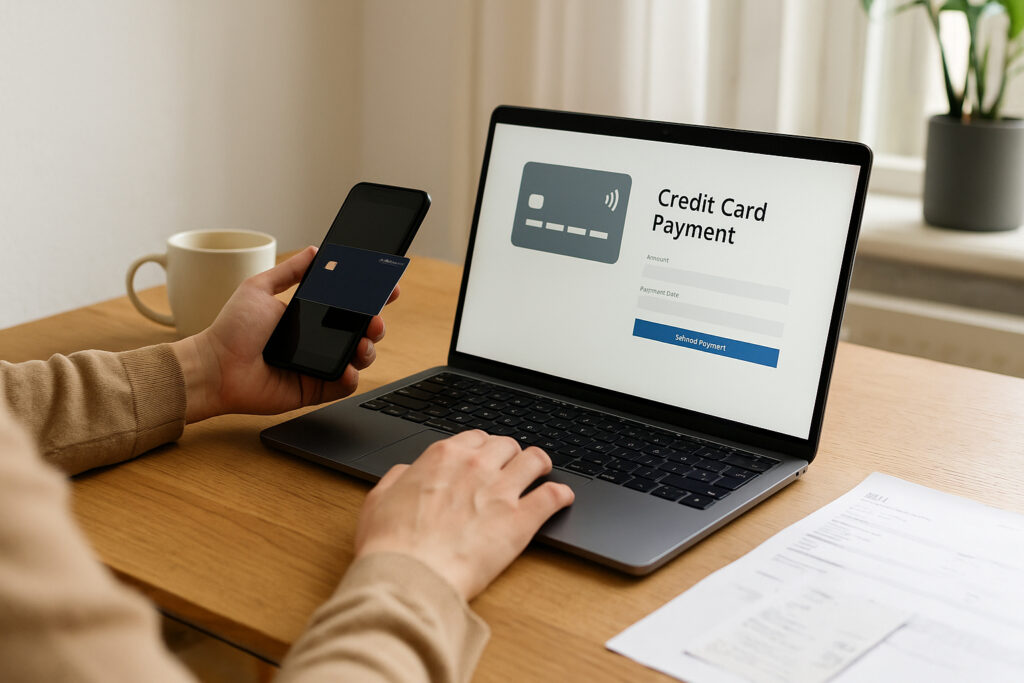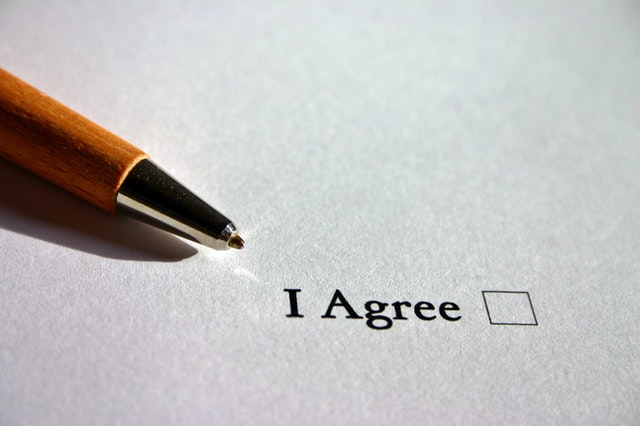Paying your credit card bill on time is essential for maintaining a strong financial reputation — but when you pay it can be just as important as how much you pay. Understanding billing cycles, statement dates, and due dates can help you save money, improve your credit score, and keep your debt under control.
Understanding the Credit Card Cycle
Every credit card operates on a billing cycle, typically lasting 25–30 days. At the end of the cycle, your lender issues a statement date showing all your transactions and the total balance due. You then have a grace period — usually around 20 days — to pay without interest.
Your payment due date falls at the end of this grace period. Paying your bill before this date helps you avoid late fees and interest. But strategic timing — paying before your statement closes — can actually boost your credit score.
Paying Before the Statement Date
Your credit utilization ratio — the amount of credit you’re using versus your total limit — heavily influences your credit score. If your statement shows a high balance, it can temporarily lower your score even if you pay in full later.
To maintain a low utilization rate (ideally below 30%), try paying down your balance before your statement date, not just before the due date. This ensures the reported balance to credit bureaus reflects responsible spending and repayment behavior.
For example, if your billing cycle ends on the 25th and your due date is the 15th of the next month, making a payment around the 20th helps reduce the amount reported to credit agencies.
Paying Multiple Times a Month
If you frequently use your card for daily expenses, consider making biweekly payments. Splitting payments across the month keeps your balance low, reduces interest, and helps you stay within budget. This approach is especially helpful for freelancers or gig workers with irregular income.
Automate and Monitor Payments
Setting up auto-pay ensures you never miss a due date. You can schedule automatic payments for at least the minimum amount due and make additional manual payments as needed. Combine this with reminders a few days before your statement date to optimize both credit health and cash flow.
Conclusion
The best time to pay your credit card bill is before your statement date — and consistently before your due date. This strategy keeps your credit utilization low, protects your credit score, and saves you from unnecessary interest. With mindful timing and a little planning, your credit card can work for you, not against you.



